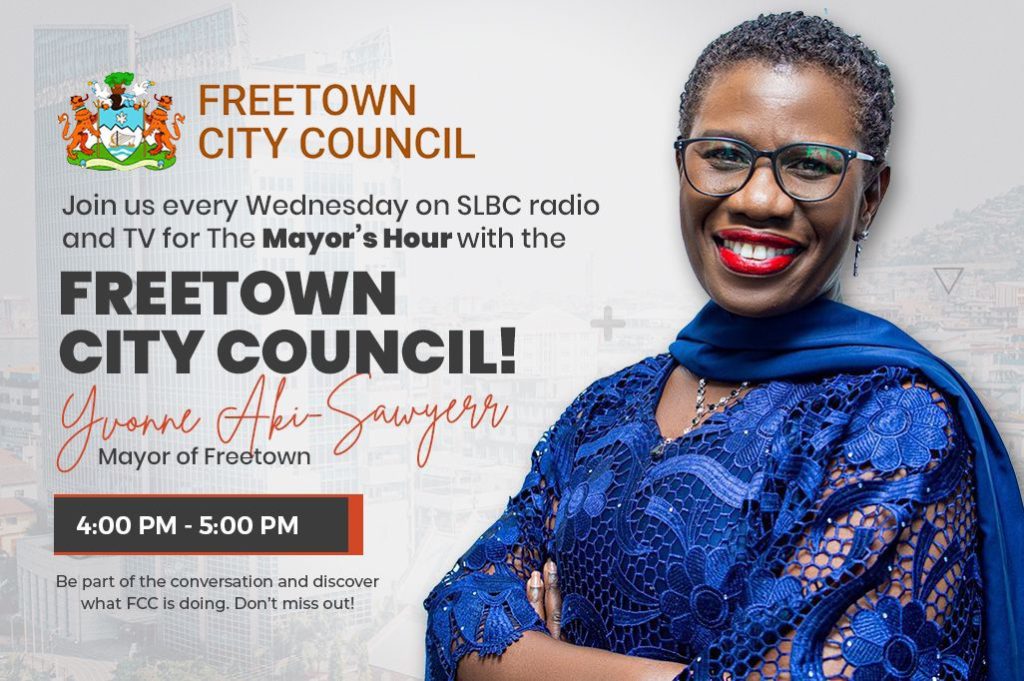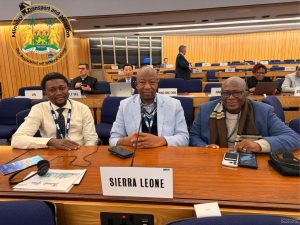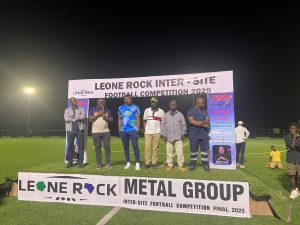Freetown’s Metropolitan Department Criticizes Underfunding and Calls for Expanded Workforce and Stations

Within Sierra Leone’s fourteen districts, the Freetown City Council stands out as one of the largest and most crucial local government entities. Governed by a mayor and a chairman, the council is responsible for various municipal functions and services across its numerous communities. This decentralized approach aims to promote national development by devolving specific responsibilities from the central government to local authorities.
Operational Challenges and Limitations
Recent reports and investigations have highlighted several significant challenges faced by the Freetown City Council, revealing systemic issues that hinder its effectiveness:
Lack of Adequate Logistics and Resources:
Despite being entrusted with substantial responsibilities, the Freetown City Council is reportedly struggling with insufficient logistics and resources. This shortfall impacts its ability to perform its duties effectively, as essential tools and equipment necessary for efficient municipal operations are lacking.Central Government Interference:
There is a growing concern among council authorities that their activities are being obstructed by the central government. This interference limits their autonomy and impedes their capacity to execute functions as intended. The centralization of certain aspects of governance is seen as counterproductive to the goals of decentralization.Understaffing and Insufficient Infrastructure:
Particularly within the Metropolitan Department, officials have expressed frustration over inadequate staffing and infrastructure. The department requires a significantly larger workforce—ideally around 1,000 metropolitan police officers—to manage the city’s needs effectively. Additionally, the establishment of various stations throughout the central city and its surrounding areas is deemed essential for enforcing local regulations and addressing violations of the Local Councils Act.Ineffective Law Enforcement:
The limited manpower and lack of proper stations have led to ineffective law enforcement. The Metropolitan Police’s current capacity is insufficient to handle the volume of work required to uphold local regulations and ensure compliance. This inadequacy hampers efforts to address issues such as illegal activities, maintenance of public order, and overall city management.
Potential Solutions and Recommendations
To address these challenges, several measures could be considered:
Increased Funding and Resource Allocation: The central government should allocate additional funds and resources to the Freetown City Council to enhance its operational capabilities. This would include investing in necessary logistics, equipment, and infrastructure.
Decentralization of Authority: Reducing central government interference and granting more autonomy to local councils would empower them to manage their responsibilities more effectively. Clear guidelines and support mechanisms should be established to facilitate this transition.
Expansion of Workforce and Infrastructure: Recruiting additional staff, particularly for the Metropolitan Police, and establishing more stations within the city are crucial steps to improve law enforcement and municipal management.
Capacity Building and Training: Providing training and capacity-building programs for council staff and law enforcement officers can enhance their skills and effectiveness in managing municipal issues and enforcing regulations.
By addressing these issues, the Freetown City Council can better fulfill its mandate and contribute to the overall development and well-being of the city and its residents.





